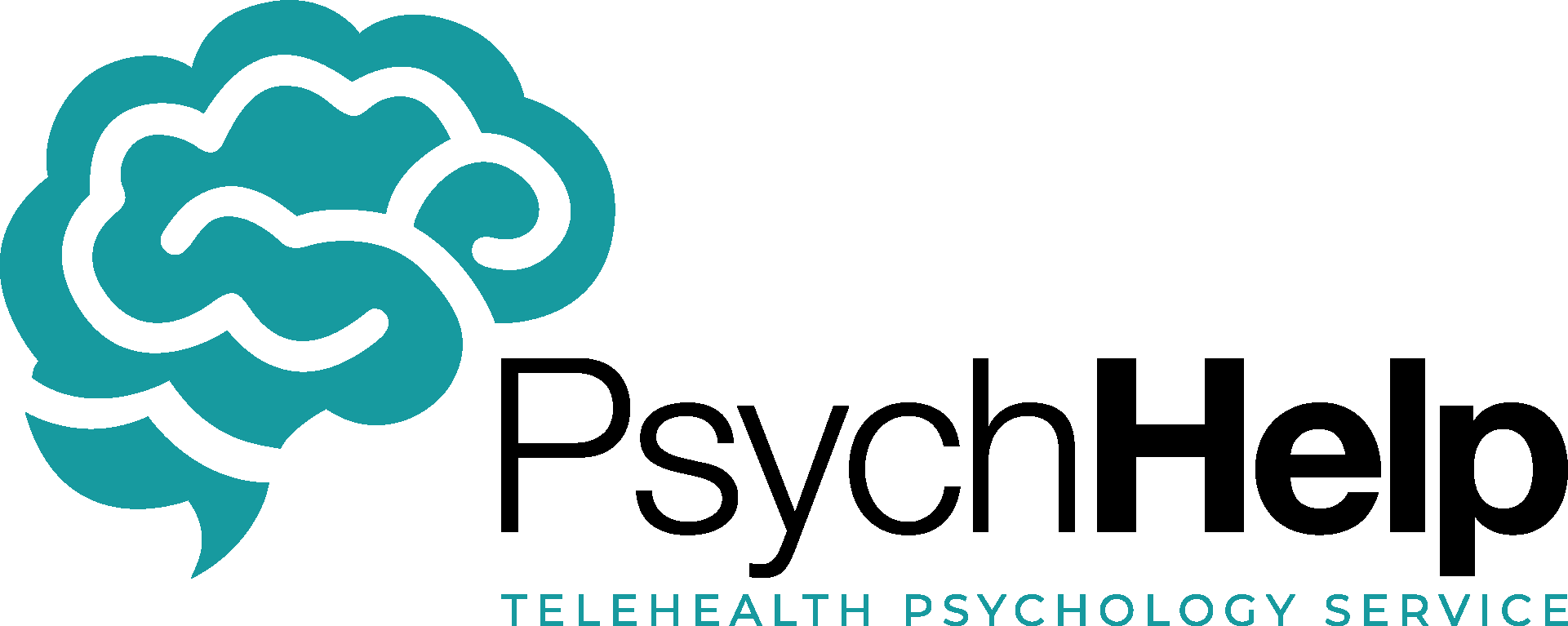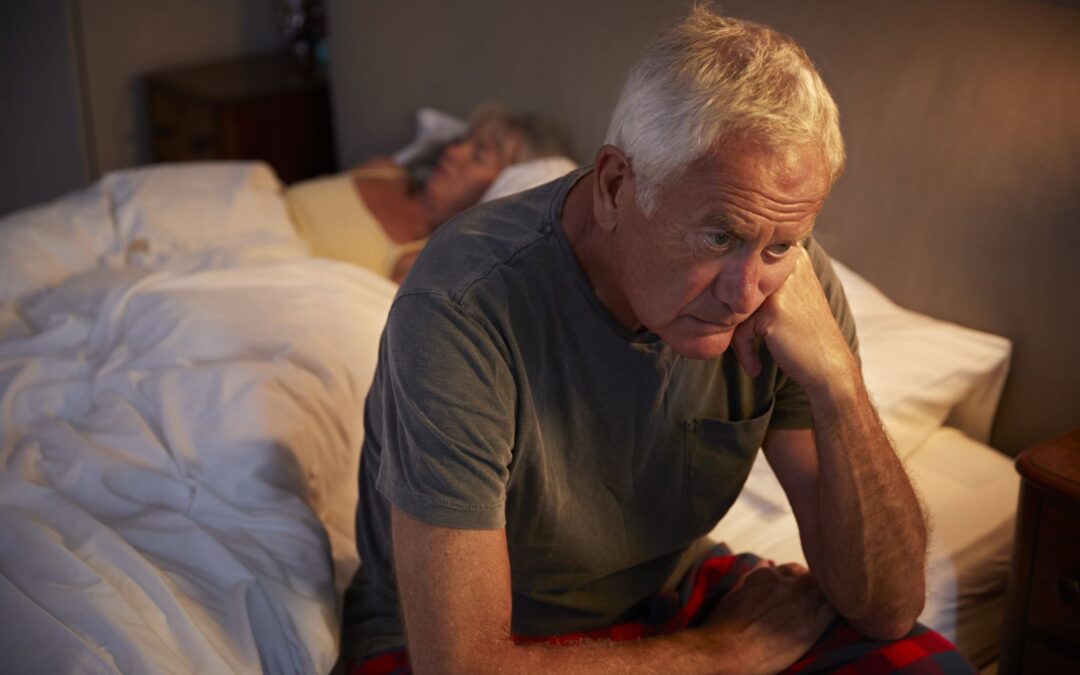YAWN! I’m hopeless until I have that first coffee…
Maybe you just really like coffee…but then again, maybe your need for coffee is masking a sleep problem. And if you think poor sleep is a minor issue, consider this: The Sleep Health Foundation report “Asleep on the Job: Counting the Cost of Poor Sleep” estimates the total cost to the Australian Economy in 2016-17 of inadequate sleep at $66.3 billion dollars. That is a lot of coffee.
Really? I thought it was just me – nothing that coffee can’t fix…
It seems that we Australians are actually having a lot of trouble with sleep. The report estimates that 39.8% of adults are experiencing inadequate sleep. Is this important? Well, actually yes. Poor sleep affects a wide range of human behaviour including learning, emotion regulation, memory and decision making as well as increasing the risks of physical and mental illness. It can cause heart disease, obesity, depression and a range of other serious medical problems. As well, fatigue has been directly linked to a range of workplace accidents, some fatal. It is also thought to be a contributory factor in up to 23% of motor vehicle accidents.
So, how does sleep work and why is it so important?
Sleep is triggered by a number of processes within our bodies. In summary, our eyes detect darkness and send a signal to the brain that it’s time to feel tired. The brain then releases a hormone, Melatonin, that makes our body tired and we go to sleep. Once we are asleep, there are four stages of sleep plus Rapid Eye Movement (REM):
- Stage 1: light sleep, you can be easily woken, you may feel like you’re falling or have sudden muscle twitches;
- Stage 2: heart rate slows, muscles contract and relax, body temperature decreases and you prepare to go into a deep sleep;
- Stage 3 and 4: deep sleep phase, brain waves slow down, more difficult to wake up;
- REM: heart rate, breathing and eye movement speed up and your brain becomes more active. In this phase it processes things you’ve learned during the day to form memories and boost feel-good chemicals such as serotonin.
The cycles repeat whilst you’re asleep, usually completing five full cycles.
Although you are asleep, your body is actually very busy, particularly your brain. During the day toxic by-products naturally accumulate in the brain and during sleep it takes the opportunity to clear these out, an important step in maintaining good mental health. As well, the body is busy repairing wear and tear on muscles and tissue damaged during the day. It also conserves some energy by allowing the body to cool, sometimes by as much as 10%. And importantly, this is the one time of the day where your heart and circulatory system also gets a rest by reducing heart rate and lowering blood pressure.
Wow! So what can I do to get a good night’s sleep?
‘Sleep hygiene’ is a term that refers to a variety of different practices and habits to achieve good night time sleep and daytime alertness. Poor sleep is often the result of some bad habits that you’ve developed. There are a number of things that you can do:
- Spend an appropriate amount of time asleep in bed. For adults, this is 7-9 hours, teens should have 8.5-9.25 hours and school-age children (5-10 years) 10-11 hours per night. These are approximate and will be governed by overall health, levels of physical activity etc;
- Limit daytime naps to 30 minutes. These do not make up for inadequate night time sleep, but a short nap can improve alertness, mood and performance;
- Avoid stimulants such as caffeine and nicotine close to bed time. While alcohol may make you fall asleep faster, it actually disrupts sleep as the body begins to process the alcohol;
- As little as 10 minutes a day aerobic exercise can significantly improve sleep quality, but avoid strenuous exercise close to bed time;
- Avoid heavy, rich, spicy or fatty foods that may induce heart burn close to bed time;
- Exposure to natural light during the day as well as darkness at night helps to maintain a healthy sleep-wake cycle;
- Establish a regular, relaxing bedtime routine to reinforce to your body “it’s now sleep time”. This could be taking a warm shower or bath, read a book, or light stretches; and,
- Have a pleasant sleep environment. Ensure you have a comfortable mattress and pillow, the room should be cool, and avoid bright light from lamps, phones, TV or computer screens.
These suggestions are not designed to be prescriptive. Try them, experiment and see what works best for you.
I still think the coffee would be easier….
It may be easier but it is not going to bring you the important and potentially life-saving benefits of a good night’s sleep. Sweet dreams….


